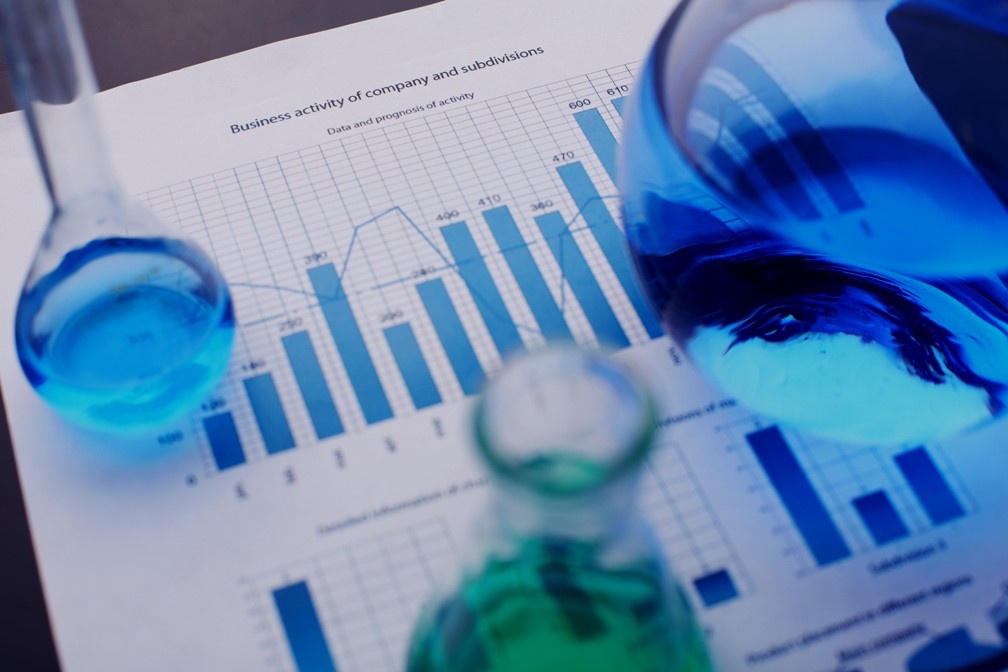
Converting into Knowledge
The 10 million Euros that the State Secretary, together with industry and universities, want to receive is intended for scientists to do research PhD at companies. State Secretary Dekker: "Scientific knowledge can contribute to the major social issues and economic opportunities of the moment". The industrial doctorate is one of the ideas to ensure this.
Besides, the Dutch research funding WNO in evaluating grant applications now look at what a university graduate has already done in such Dekker calls it, 'valorisation', transforming knowledge into products and services.
Netherlands is lagging behind
In our country has scientific knowledge even less economic and social impact than in neighboring countries such as Germany, Dekker says to the FD. "There is a stronger link between the institutes and the business."
The measures should therefore elicit more private investment. Dutch industry is significantly behind in terms of investment in research and development compared with other EU Member States and other affluent countries, united in the OECD.
More chances to find a job
Promotional Network Netherlands is pleased with the extra money and hopes that the candidates in this way will have more chances to have a job after their promotion. Chairman Rolf van Wegberg against UT News: "About 75 percent of the candidates does not work at the university: it would be nice if such cooperation improves career prospects."
The subsidy for industrial doctorates are specifically for SMEs. Dekker says that companies like Shell and Philips have managed to find their way to the universities.
Source: http://www.pwdegids.nl
Photo credit: Designed by Freepik
